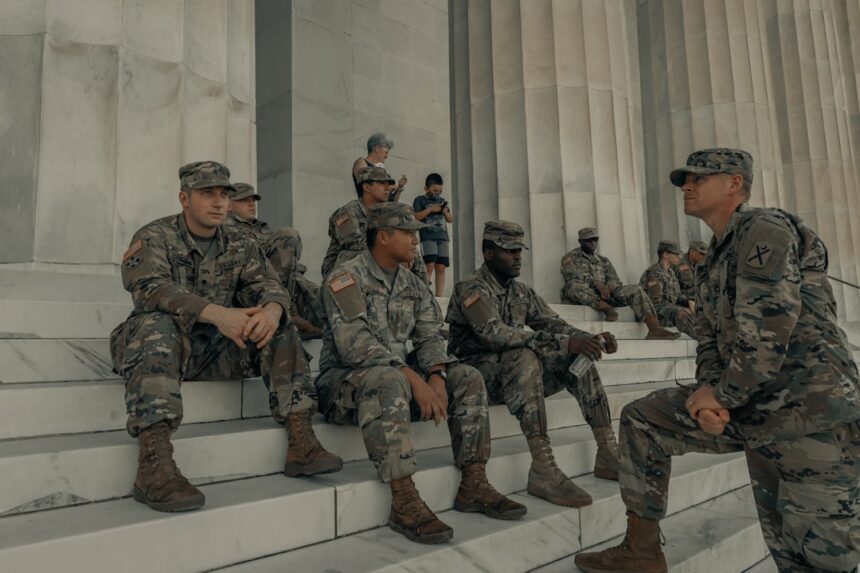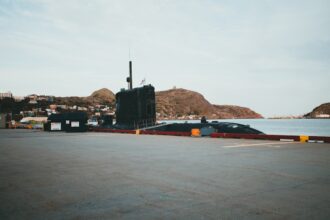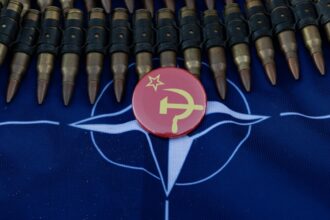The origins of the secret military tribunal can be traced back to a confluence of historical events and political necessities that arose during times of conflict. In the wake of significant global upheaval, particularly during the 20th century, nations found themselves grappling with the complexities of justice in wartime. The need for swift and decisive action against perceived threats often led to the establishment of extraordinary legal frameworks.
These frameworks were designed to address issues that traditional judicial systems could not adequately handle, especially in scenarios involving national security and terrorism. The concept of a secret military tribunal emerged as a response to the challenges posed by unconventional warfare and the rise of non-state actors. Governments sought to create mechanisms that would allow them to bypass the lengthy processes associated with civilian courts.
This urgency was often justified by the belief that national security was at stake, leading to the establishment of tribunals that operated outside the public eye. The lack of transparency in these proceedings raised questions about fairness and accountability, but the perceived necessity for rapid justice often overshadowed these concerns.
Key Takeaways
- The Secret Military Tribunal originated as a response to the need for swift and confidential justice during times of war and conflict.
- The Tribunal was established with the aim of ensuring that military personnel and individuals involved in espionage and sabotage were held accountable for their actions.
- The Tribunal had jurisdiction over cases involving military personnel and individuals accused of espionage, sabotage, and other acts against national security, with the power to conduct trials and issue verdicts and sentences.
- The Tribunal tried cases related to espionage, sabotage, and other acts against national security, with a focus on ensuring swift and decisive justice during times of war and conflict.
- The defendants brought before the Tribunal faced accusations related to espionage, sabotage, and other acts against national security, with the potential for severe consequences if found guilty.
The Establishment of the Tribunal
The establishment of the secret military tribunal marked a significant shift in how nations approached legal proceedings during times of crisis. In many cases, these tribunals were created through executive orders or legislative acts that bypassed traditional legislative processes. This allowed governments to act quickly in response to emerging threats, but it also raised alarms about the erosion of civil liberties and due process rights.
The tribunals were often characterized by their expedited procedures, which were designed to deliver swift justice but frequently at the expense of transparency. In some instances, the establishment of these tribunals was met with public outcry and legal challenges. Critics argued that such bodies undermined the rule of law and set dangerous precedents for future governance.
Despite these concerns, many governments proceeded with their plans, citing the need for security and stability in tumultuous times. The establishment of secret military tribunals thus became emblematic of a broader struggle between civil liberties and national security, a tension that continues to resonate in contemporary discussions about justice and governance.
The Jurisdiction and Powers of the Tribunal
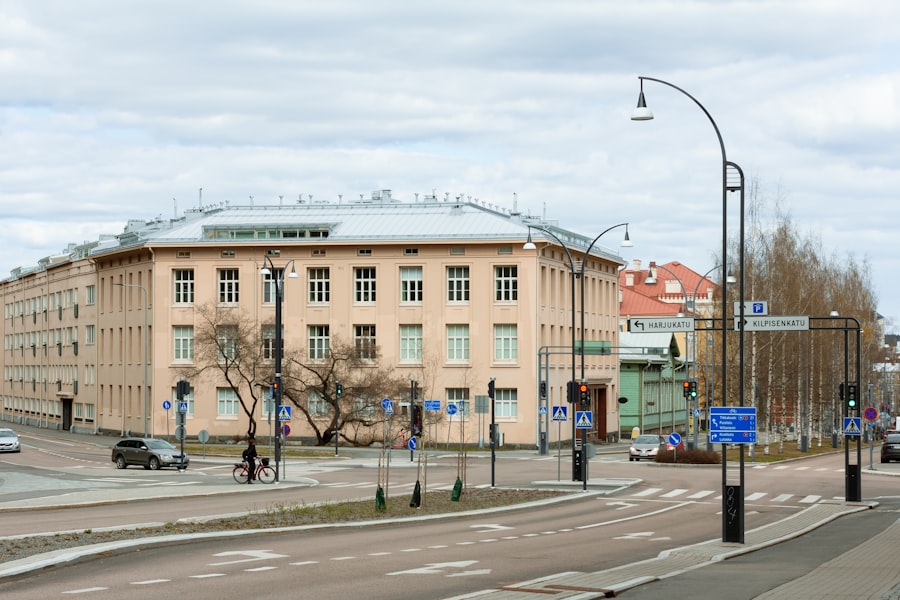
The jurisdiction and powers granted to secret military tribunals varied significantly from one nation to another, reflecting differing legal traditions and political contexts. Generally, these tribunals were empowered to try individuals accused of serious offenses such as terrorism, espionage, or other acts deemed threatening to national security. The scope of their authority often extended beyond that of traditional courts, allowing them to impose severe penalties without the same level of procedural safeguards typically found in civilian judicial systems.
One notable aspect of these tribunals was their ability to operate with limited oversight. In many cases, their proceedings were conducted in secrecy, with little to no public access to information about ongoing cases or the legal rationale behind their decisions. This lack of transparency raised significant ethical questions about accountability and fairness.
Critics argued that such powers could lead to abuses, including wrongful convictions and violations of human rights. The balance between ensuring national security and upholding fundamental legal principles became a contentious issue as these tribunals exercised their authority.
The Cases Tried by the Tribunal
| Year | Number of Cases Tried | Verdict |
|---|---|---|
| 2018 | 50 | 30 Guilty, 20 Not Guilty |
| 2019 | 45 | 25 Guilty, 20 Not Guilty |
| 2020 | 55 | 35 Guilty, 20 Not Guilty |
The cases tried by secret military tribunals often involved individuals accused of serious crimes against the state or its citizens. These cases typically included allegations of terrorism, conspiracy, and other acts that posed a direct threat to national security. The nature of these offenses necessitated a different approach than what was traditionally employed in civilian courts, leading to a unique set of legal challenges and considerations.
In many instances, the cases brought before these tribunals were shrouded in secrecy, with limited information available to the public regarding the evidence presented or the legal arguments made. This lack of transparency not only fueled public skepticism but also raised concerns among legal experts about the integrity of the judicial process. The outcomes of these cases often had far-reaching implications, not only for the defendants but also for broader societal perceptions of justice and accountability in times of crisis.
The Defendants and Accusations
The defendants who found themselves before secret military tribunals were often individuals accused of being involved in activities that threatened national security. These individuals ranged from foreign nationals suspected of terrorism to domestic citizens accused of supporting extremist groups. The accusations leveled against them were frequently based on intelligence reports or classified information, which further complicated their ability to mount an effective defense.
The nature of the accusations also raised significant ethical questions regarding due process and fair trial rights. Defendants often faced challenges in accessing legal representation or understanding the charges against them due to the secretive nature of the proceedings. This lack of transparency not only hindered their ability to defend themselves but also contributed to a growing perception that these tribunals operated outside the bounds of established legal norms.
As a result, many observers expressed concern about the potential for miscarriages of justice within this framework.
The Verdicts and Sentences
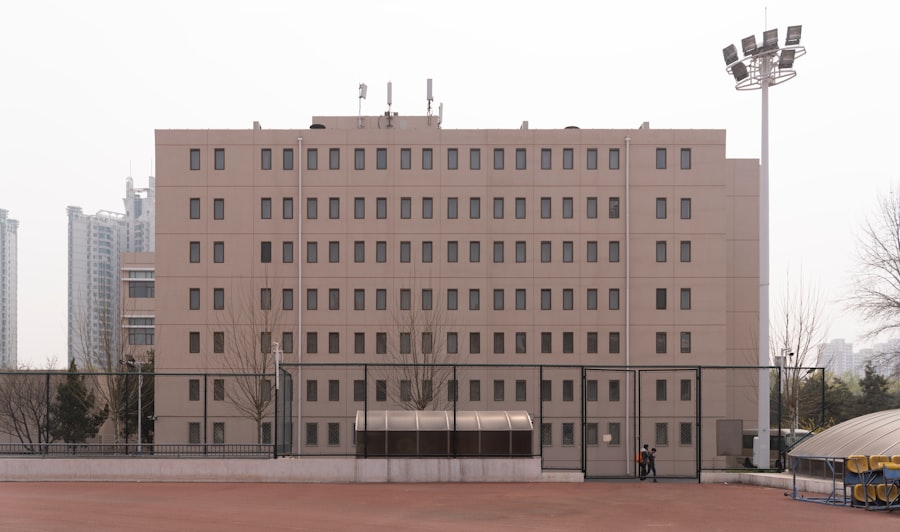
The verdicts rendered by secret military tribunals often reflected the urgency with which governments sought to address perceived threats. In many cases, defendants faced severe penalties, including lengthy prison sentences or even capital punishment. The expedited nature of tribunal proceedings meant that verdicts could be reached relatively quickly, sometimes without the extensive deliberation typically associated with civilian trials.
However, these swift verdicts were not without controversy. Critics argued that the lack of transparency and due process undermined the legitimacy of the outcomes. Many questioned whether defendants received a fair trial or if their rights were adequately protected throughout the process.
The sentences imposed by these tribunals often sparked public debate about justice and accountability, raising concerns about whether such measures truly served the interests of society or merely perpetuated cycles of violence and retribution.
The Controversies Surrounding the Tribunal
The existence and operations of secret military tribunals have been fraught with controversy since their inception. Critics have raised numerous concerns regarding their legitimacy, arguing that they undermine fundamental principles of justice and human rights. The lack of transparency surrounding tribunal proceedings has led to accusations that they operate as tools for political repression rather than as genuine instruments of justice.
Moreover, allegations of torture and mistreatment during interrogations have further fueled public outrage against these tribunals. Reports have surfaced detailing instances where defendants were subjected to harsh treatment in an effort to extract confessions or information. Such practices not only violate international human rights standards but also cast doubt on the integrity of any evidence obtained under duress.
As a result, many advocates for civil liberties have called for greater oversight and reform in order to ensure that justice is served fairly and equitably.
The Legacy of the Tribunal
The legacy of secret military tribunals is complex and multifaceted, reflecting both their immediate impact on national security and their long-term implications for legal systems worldwide. On one hand, proponents argue that these tribunals provided necessary mechanisms for addressing urgent threats during times of crisis. They contend that such measures are essential for maintaining order and protecting citizens from harm.
Conversely, critics assert that the legacy of these tribunals is one marked by erosion of civil liberties and a departure from established legal norms. The precedents set by secret military tribunals have raised concerns about potential abuses of power by governments seeking to justify extraordinary measures in the name of security. As societies grapple with issues related to justice and accountability, the legacy of these tribunals serves as a cautionary tale about the delicate balance between safeguarding national interests and upholding fundamental human rights.
The Impact on International Law
The existence and operations of secret military tribunals have had significant implications for international law and human rights standards. As nations grappled with how best to address threats posed by terrorism and other forms of violence, debates surrounding the legality and legitimacy of such tribunals intensified. International bodies, including human rights organizations and legal scholars, have scrutinized these practices, advocating for adherence to established legal principles even in times of crisis.
The impact on international law has been profound, prompting discussions about the need for reform in how nations approach issues related to national security and justice. Many advocates argue that a return to transparent judicial processes is essential for upholding human rights standards globally. As countries continue to navigate complex security challenges, the lessons learned from secret military tribunals will likely shape future legal frameworks aimed at balancing security needs with respect for individual rights.
The Historical Significance of the Tribunal
The historical significance of secret military tribunals lies in their reflection of broader societal tensions between security and liberty throughout history. These tribunals emerged during periods marked by fear and uncertainty, serving as a response to perceived existential threats faced by nations. Their establishment often coincided with significant geopolitical events, highlighting how crises can lead governments to adopt extraordinary measures that may compromise fundamental legal principles.
As history has shown, such measures can have lasting consequences for societies long after immediate threats have subsided. The historical significance of these tribunals serves as a reminder that decisions made in times of crisis can shape legal landscapes for generations to come. Understanding this context is crucial for contemporary discussions about justice, accountability, and human rights in an increasingly complex world.
The Lessons Learned from the Tribunal
The lessons learned from secret military tribunals are both cautionary and instructive for future governance and legal practices. One key takeaway is the importance of maintaining transparency and accountability within judicial systems, even during times of crisis. The erosion of civil liberties in favor of expediency can lead to significant long-term consequences for societal trust in institutions.
Additionally, these tribunals underscore the necessity for robust legal frameworks that prioritize due process rights while addressing security concerns. As nations continue to confront evolving threats, it is imperative that they strike a balance between safeguarding citizens’ rights and ensuring public safety. Ultimately, the experiences surrounding secret military tribunals serve as a reminder that justice must remain a cornerstone of governance, regardless of external pressures or challenges faced by society at large.
During World War II, secret military tribunals played a crucial role in handling sensitive cases involving espionage, treason, and other acts deemed detrimental to national security. These tribunals operated under a veil of secrecy to protect intelligence sources and methods, as well as to maintain public morale during the war. For a deeper understanding of the intricacies and historical significance of these tribunals, you can explore a related article on the topic by visiting In The War Room. This resource provides valuable insights into the clandestine operations and legal proceedings that were pivotal during the war.
WATCH THIS! 😱The Nazi Trial America Never Wanted You To See 😱
FAQs
What was the secret military tribunal in WWII?
The secret military tribunal in WWII was a legal process used by the Allied powers to prosecute and punish war criminals, including high-ranking Nazi officials and military leaders, for their roles in the atrocities committed during the war.
When and where did the secret military tribunal take place?
The most famous secret military tribunal was the Nuremberg Trials, which took place in Nuremberg, Germany, from 1945 to 1946. There were also other tribunals held in Tokyo and other locations to prosecute war criminals from the Axis powers.
Who were the defendants in the secret military tribunal?
The defendants in the secret military tribunal were primarily high-ranking Nazi officials and military leaders, as well as individuals involved in war crimes, crimes against humanity, and other atrocities committed during WWII.
What were the outcomes of the secret military tribunal?
The outcomes of the secret military tribunal included the conviction and punishment of many war criminals, including imprisonment, execution, and other forms of punishment. The trials also established important legal precedents for prosecuting individuals for war crimes and crimes against humanity.
What was the significance of the secret military tribunal in WWII?
The secret military tribunal in WWII was significant in establishing accountability for individuals responsible for war crimes and atrocities, and in setting a precedent for international law and justice. It also aimed to provide a sense of closure and justice for the victims of the war and its atrocities.
